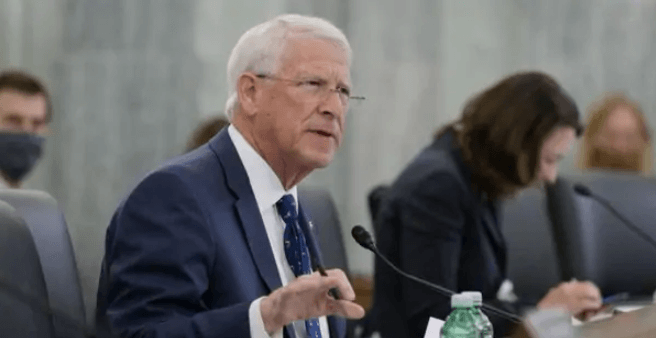Wicker: Supports Mississippi’s Innovation Ecosystem
By Sen. Roger Wicker (R-Miss.)
Collaboration Boosts America’s Competitive Edge
Federal agencies are taking note of Mississippi’s contribution to our national defense. I recently invited officials from the Defense Advanced Research Projects Agency, or DARPA, to Hattiesburg to see this work firsthand and to meet with our business and research leaders. DARPA’s partnership with these sectors reinforces the truth that economic development and national security go hand-in-hand.
The American System Spurs Innovation
DARPA is a Department of Defense agency that develops cutting-edge military technology. It began after the United States experienced a wake-up call in 1957 when the Soviet Union suddenly launched the Sputnik satellite. The next year, President Eisenhower created the agency with a mission to sponsor revolutionary research so the United States could avoid another strategic surprise. Since then, DARPA has been integral in a host of developments that soldiers and civilians use today, including the internet, communications satellites, and drones.
The genius of DARPA is the way it promotes these technologies. DARPA does not run its own labs or testing centers. Instead, its staff partners with the existing network of American innovators to accelerate military research. Throughout the Cold War, DARPA used this bottom-up approach. The centralized, top-down Soviet Union could not keep up. Today, we face a similar foe in Communist China. The military’s investment in our free enterprise system will remain key to our competitive edge as we face Xi Jinping.
Mississippi’s Contributions to Research and Development
In Congress, I am committed to helping federal agencies like DARPA recognize our state’s role in defense innovation. When the Senate was debating last year’s CHIPS and Science Act, I fought to set aside $2 billion for federal research funding in America’s heartland. In the past, too much of that money went to elite institutions in coastal states. But the challenges we face require a nationwide effort. We know that when Mississippians are given a shot, we can compete with anyone in state-of-the-art research.
A recent example of our capabilities is the development of unmanned maritime equipment along our Gulf Coast. To help industry, academic, and military leaders combine forces to create this technology, I authored, and successfully passed, the Commercial Engagement Through Ocean Technology, or CENOTE, Act. These tools help our fishermen, soldiers, weathermen, and more, making this research both useful and urgent.
Further north in the state, Mississippi institutions of higher education are boosting our research capacity. Representatives from Tougaloo College and Jackson State University attended the DARPA event. I recently introduced two bills to boost the research they and other Historically Black Colleges and Universities conduct. One bill would study the barriers HBCUs face in winning top-tier research classifications. The other would improve collaboration between these schools and federal agencies as they partner on development projects abroad.
Other Mississippi universities are also pursuing cutting-edge research. For example, Mississippi State University hosts numerous exciting projects. Its students and researchers build unmanned aerial and ground systems, develop advanced computer science tools, and push the boundaries of neuromechanical technology. The university is capitalizing on Mississippi’s innovation ecosystem by working with federal agencies and private companies on these initiatives.
I am committed to supporting collaborations like these in my role as the top Republican on the Senate Armed Services Committee. These partnerships create jobs and help keep our country safe at the same time. It is difficult to think of a mission more meaningful than that.
Note: The article is the weekly Wicker Report from U.S. Sen. Roger Wicker and is provided by the Senator’s office.




